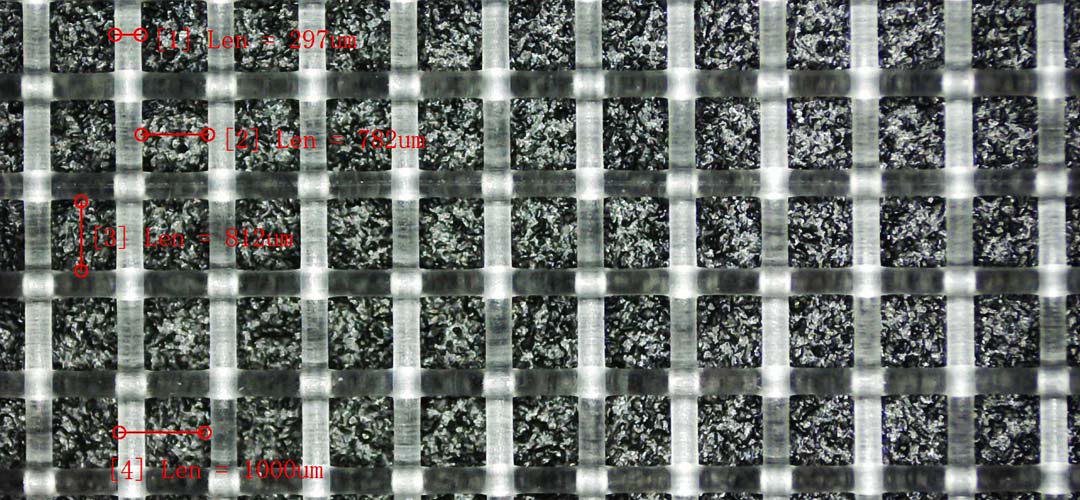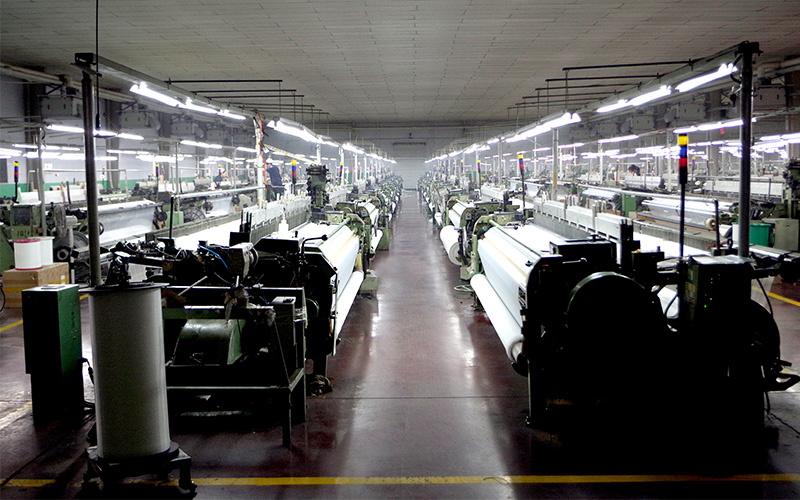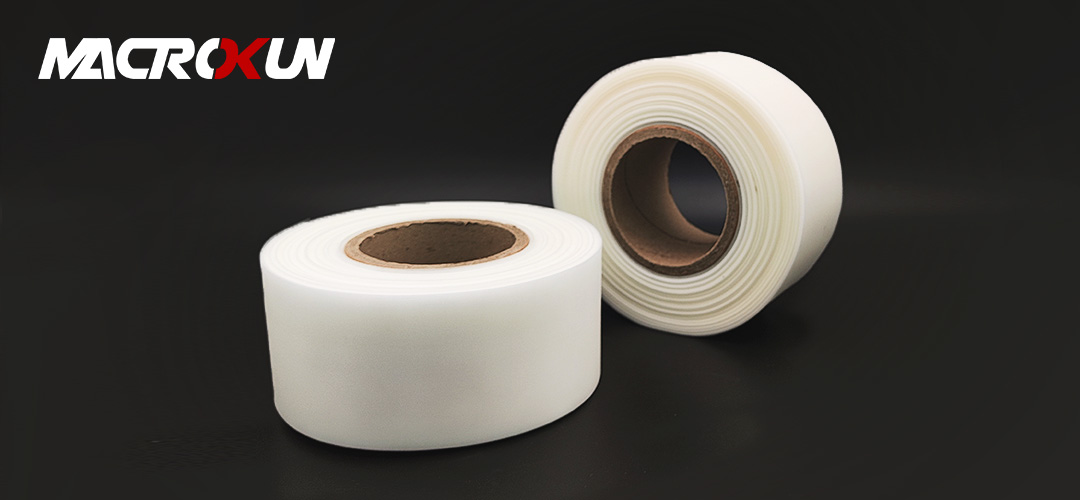Fine nylon mesh netting is a versatile material that is commonly used in various industries for precise filtration purposes. Its unique properties make it an ideal choice for applications where accuracy and efficiency are paramount. In this article, we will explore the benefits of using fine nylon mesh netting for precise filtration and why it is the preferred choice for many businesses.

One of the key advantages of fine nylon mesh netting is its exceptional durability. Nylon is a strong and resilient material that can withstand harsh conditions without losing its structural integrity. This makes it perfect for applications where the filtration process involves high pressure or abrasive materials. Fine nylon mesh netting can effectively filter out impurities while maintaining its shape and performance over time, ensuring consistent results with each use.
| Type | Mesh Count (/cm) |
Mesh Count (/inch) |
Thread Dia (um) |
Mesh Opening (um) |
Thickness (um) |
Gross Weight (g/m2) |
| NL4/1950 | 4 | 10 | 550 | 1950 | 1100 | 307 |
| NL5/1500 | 5 | 13 | 500 | 1500 | 1000 | 318 |
| NL6/1267 | 6 | 15 | 400 | 1267 | 800 | 244 |
| NL7/1079 | 7 | 18 | 350 | 1079 | 700 | 218 |
| NL8/900 | 8 | 20 | 350 | 900 | 700 | 249 |
| NL9/861 | 9 | 23 | 250 | 861 | 500 | 143 |
| NL9/811 | 9 | 23 | 300 | 811 | 600 | 206 |
| NL10/750 | 10 | 25 | 250 | 750 | 500 | 159 |
| NL10/700 | 10 | 25 | 300 | 700 | 600 | 229 |
| NL12/583 | 12 | 30 | 250 | 583 | 500 | 191 |
| NL12/533 | 12 | 30 | 300 | 533 | 600 | 274 |
| NL14/514 | 14 | 36 | 200 | 514 | 340 | 142 |
| NL16/425 | 16 | 40 | 200 | 425 | 340 | 160 |
| NL20/350 | 20 | 50 | 150 | 350 | 255 | 113 |
| NL20/300 | 20 | 50 | 200 | 300 | 340 | 200 |
| NL24/267 | 24 | 60 | 150 | 267 | 255 | 135 |
| NL28/237 | 28 | 70 | 120 | 237 | 204 | 101 |
| NL30/213 | 30 | 76 | 120 | 213 | 204 | 110 |
| NL32/213 | 32 | 80 | 100 | 213 | 170 | 80 |
| NL36/178 | 36 | 90 | 100 | 178 | 170 | 90 |
| NL40/150 | 40 | 100 | 100 | 150 | 170 | 100 |
| NL43/153 | 43 | 110 | 80 | 153 | 136 | 70 |
| NL48/128 | 48 | 120 | 80 | 128 | 136 | 77 |
| NL56/119 | 56 | 140 | 60 | 119 | 102 | 50 |
| NL64/96 | 64 | 160 | 60 | 96 | 102 | 58 |
| NL72/89 | 72 | 180 | 50 | 89 | 85 | 45 |
| NL80/75 | 80 | 200 | 50 | 75 | 85 | 50 |
| NL100/57 | 100 | 250 | 43 | 57 | 73 | 46 |
| NL110/48 | 110 | 280 | 43 | 48 | 73 | 52 |
| NL120/48 | 120 | 300 | 35 | 48 | 60 | 37 |
| NL120/40 | 120 | 300 | 43 | 40 | 73 | 55 |
| NL130/42 | 130 | 330 | 35 | 42 | 60 | 40 |
| NL130/34 | 130 | 330 | 43 | 34 | 73 | 61 |
| NL140/36 | 140 | 350 | 35 | 36 | 60 | 43 |
| NL157/25 | 157 | 400 | 43 | 25 | 73 | 74 |
| NL180/20 | 180 | 450 | 39 | 20 | 66 | 68 |
| NL200/15 | 200 | 500 | 39 | 15 | 66 | 76 |
| NL220/10 | 220 | 550 | 39 | 10 | 66 | 84 |
| NL240/5 | 240 | 600 | 39 | 5 | 66 | 91 |
In addition to its durability, fine nylon mesh netting offers excellent chemical resistance. This means that it can be used with a wide range of chemicals and solvents without degrading or becoming damaged. This versatility makes it a popular choice for industries such as pharmaceuticals, food and beverage, and electronics, where different types of liquids and substances need to be filtered with precision.
Another benefit of using fine nylon mesh netting for precise filtration is its uniform porosity. Nylon mesh is available in a variety of pore sizes, ranging from ultra-fine to coarse, allowing businesses to choose the right mesh size for their specific filtration needs. This level of customization ensures that only particles of a certain size are filtered out, resulting in a more efficient and effective filtration process.
Furthermore, fine nylon mesh netting is easy to clean and maintain, making it a cost-effective solution for businesses looking to streamline their filtration processes. Unlike other types of filtration materials that require frequent replacement or extensive cleaning, nylon mesh can be easily rinsed or washed to remove trapped particles and debris. This not only saves time and money but also ensures that the mesh netting remains in optimal condition for longer periods.
Additionally, fine nylon mesh netting is lightweight and flexible, making it easy to handle and install in various filtration systems. Its pliable nature allows businesses to customize the mesh netting to fit different shapes and sizes, ensuring a perfect fit for each application. This flexibility also makes it easier to replace worn-out or damaged mesh netting without disrupting the filtration process.
In conclusion, fine nylon mesh netting is an ideal choice for businesses that require precise filtration in their operations. Its durability, chemical resistance, uniform porosity, ease of maintenance, and flexibility make it a superior option for a wide range of industries. By investing in fine nylon mesh netting, businesses can improve the efficiency and effectiveness of their filtration processes, leading to better quality products and increased productivity.
Fine nylon mesh netting is a versatile material that finds applications in various industries due to its exceptional filtration capabilities. From food processing to pharmaceuticals, this type of mesh netting is ideal for precise filtration requirements. In this article, we will explore the reasons why fine nylon mesh netting is the go-to choice for many industries when it comes to filtration.
One of the key reasons why fine nylon mesh netting is preferred for filtration is its durability. Nylon is a strong and resilient material that can withstand high pressures and temperatures, making it suitable for demanding filtration applications. This durability ensures that the mesh netting can maintain its integrity even under harsh conditions, providing reliable filtration performance over an extended period of time.
In addition to its durability, fine nylon mesh netting offers excellent chemical resistance. This is crucial in industries where filtration is required for corrosive or reactive substances. Nylon is known for its resistance to a wide range of chemicals, making it a reliable choice for filtration applications where exposure to harsh chemicals is a concern. This chemical resistance ensures that the mesh netting remains unaffected by the substances being filtered, maintaining its filtration efficiency.

Another advantage of fine nylon mesh netting is its flexibility. Nylon mesh netting can be easily customized to meet specific filtration requirements, making it a versatile option for a wide range of applications. Whether it is a specific mesh size or shape, nylon mesh netting can be tailored to suit the unique needs of different industries. This flexibility allows for precise filtration, ensuring that only the desired particles are captured while allowing the desired substances to pass through.
Furthermore, fine nylon mesh netting offers excellent uniformity in filtration. The consistent pore size and distribution of nylon mesh netting ensure that filtration is carried out with precision and accuracy. This uniformity is essential in industries where precise filtration is crucial for product quality and consistency. Fine nylon mesh netting provides a reliable and consistent filtration performance, ensuring that the desired results are achieved every time.
Moreover, fine nylon mesh netting is easy to clean and maintain. The smooth surface of nylon mesh netting allows for easy cleaning, ensuring that the mesh netting can be reused multiple times without compromising its filtration efficiency. This ease of maintenance makes nylon mesh netting a cost-effective option for industries looking to reduce downtime and operational costs associated with filtration.
In conclusion, fine nylon mesh netting is an ideal choice for precise filtration in various industries due to its durability, chemical resistance, flexibility, uniformity, and ease of maintenance. Whether it is in food processing, pharmaceuticals, or any other industry where filtration is required, fine nylon mesh netting offers reliable and consistent filtration performance. With its exceptional properties, fine nylon mesh netting continues to be a preferred choice for industries looking for high-quality filtration solutions.
Fine nylon mesh netting is a versatile material that is commonly used in a variety of industries for filtration purposes. Its unique properties make it an ideal choice for applications that require precise filtration, such as in the medical, pharmaceutical, and food processing industries. In this article, we will explore why fine nylon mesh netting is the preferred choice for improving filtration efficiency.

One of the key advantages of fine nylon mesh netting is its ability to provide precise filtration. The fine mesh size of the netting allows for the removal of even the smallest particles from a liquid or gas stream. This level of precision is crucial in industries where product purity is of utmost importance, such as in pharmaceutical manufacturing where even the tiniest contaminants can compromise the quality of the final product.
In addition to its precise filtration capabilities, fine nylon mesh netting is also highly durable and resistant to chemicals and abrasion. This makes it an ideal choice for applications where the netting will be exposed to harsh chemicals or abrasive materials. Its durability ensures that the netting will maintain its filtration efficiency over time, reducing the need for frequent replacements and saving on maintenance costs.
Furthermore, fine nylon mesh netting is lightweight and easy to handle, making it easy to install and replace when necessary. Its flexibility allows for easy customization to fit specific filtration requirements, making it a versatile option for a wide range of applications. Whether it is used in a filtration system for water treatment or in a medical device for blood filtration, fine nylon mesh netting can be tailored to meet the unique needs of each application.
Another advantage of fine nylon mesh netting is its cost-effectiveness. Compared to other filtration materials, such as stainless steel or polyester, nylon mesh netting is more affordable while still providing excellent filtration performance. This makes it a cost-effective option for businesses looking to improve their filtration efficiency without breaking the bank.
In conclusion, fine nylon mesh netting is an ideal choice for applications that require precise filtration. Its ability to provide precise filtration, durability, chemical resistance, and cost-effectiveness make it a versatile option for a wide range of industries. Whether it is used in the medical, pharmaceutical, or food processing industry, fine nylon mesh netting can help improve filtration efficiency and ensure the quality of the final product. Consider incorporating fine nylon mesh netting into your filtration system to experience the benefits it can offer.
When it comes to filtration applications, choosing the right type of mesh netting is crucial to achieving precise results. Fine nylon mesh netting is often the preferred choice for many industries due to its durability, flexibility, and efficiency in capturing even the smallest particles. In this article, we will explore the factors to consider when selecting fine nylon mesh netting for filtration applications.
One of the key factors to consider when choosing fine nylon mesh netting is the mesh size. The mesh size refers to the number of openings per inch in the mesh netting. A smaller mesh size indicates a finer mesh netting, which is ideal for capturing smaller particles. Fine nylon mesh netting with a smaller mesh size is often used in applications where precise filtration is required, such as in the pharmaceutical and food industries.
Another important factor to consider is the mesh material. Nylon is a popular choice for mesh netting due to its strength, flexibility, and resistance to chemicals and abrasion. Fine nylon mesh netting is able to withstand high temperatures and harsh chemicals, making it suitable for a wide range of filtration applications. Additionally, nylon mesh netting is easy to clean and maintain, ensuring a longer lifespan and optimal performance.
The weave pattern of the mesh netting is also an important consideration. The weave pattern determines the strength and stability of the mesh netting, as well as the flow rate of the filtration process. Fine nylon mesh netting with a tight weave pattern is able to capture smaller particles while maintaining a high flow rate, making it ideal for applications where efficiency is key.
When selecting fine nylon mesh netting for filtration applications, it is important to consider the overall quality of the mesh netting. High-quality mesh netting is essential for achieving precise filtration results and ensuring the longevity of the filtration system. Fine nylon mesh netting that is well-constructed and free from defects will provide consistent and reliable performance, reducing the risk of downtime and costly maintenance.
In addition to quality, it is also important to consider the cost of fine nylon mesh netting. While high-quality mesh netting may come at a higher price, it is important to weigh the cost against the benefits of using a durable and efficient filtration solution. Investing in fine nylon mesh netting that meets your specific filtration requirements will ultimately save you time and money in the long run.
Overall, fine nylon mesh netting is an ideal choice for precise filtration applications due to its durability, flexibility, and efficiency. By considering factors such as mesh size, material, weave pattern, quality, and cost, you can select the right fine nylon mesh netting for your filtration needs. Whether you are in the pharmaceutical, food, or industrial sector, fine nylon mesh netting can help you achieve optimal filtration results and improve the overall performance of your filtration system.
Pre: Industries That Benefit from 500 Micron Nylon Mesh Filters

MACROKUN has established long-term and stable cooperative relations with many transportation companies such as China Post, DHL, FEDEX, USPS, UPS, etc. Of course, MACROKUN can also provide air and sea transportation. The powerful logistics system enables all MACROKUN'S Printing Mesh, Filter Mesh and Filter Bags and so on to be easily and efficiently transported to any place. For quotes and inquiries, please email our sales team.





